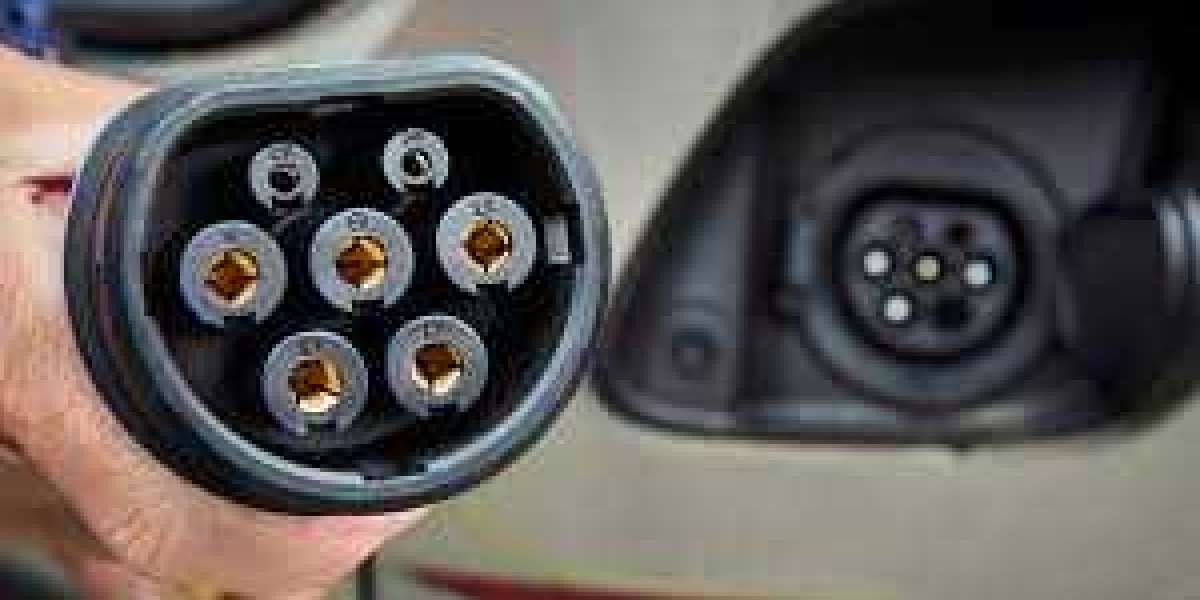In the realms of engineering and industrial operations, precise measurements and calculations are paramount to ensure the efficient and safe functioning of systems and machinery. One crucial aspect that often requires careful consideration is the conversion of power units, as different industries and applications utilize varying standards and conventions.
Power, the rate at which work is done or energy is transferred, is a fundamental concept that governs the performance and capability of mechanical systems, electrical devices, and industrial processes. However, the units used to express power can vary significantly, leading to potential misunderstandings, errors, and inefficiencies if not properly addressed.
Enter the concept of power unit conversions. The ability to accurately convert between different power units, such as kilowatts, horsepower, and others, is an essential skill for engineers, technicians, and operators across various disciplines. Failure to properly convert power units can result in costly mistakes, equipment damage, or even safety hazards.
One practical tool that facilitates power unit conversions is the Kilowatts to Horsepower Converter https://www.asutpp.com/kw-to-hp.html. This handy converter allows users to quickly and accurately translate between kilowatts, a unit commonly used in electrical and mechanical engineering, and horsepower, a unit frequently employed in automotive, aerospace, and industrial settings.
The importance of power unit conversions in engineering and industrial applications cannot be overstated. Here are just a few examples of how proper unit conversions play a critical role:
- Machinery and Equipment Sizing: When selecting motors, generators, or other power-driven components, accurate power calculations are essential to ensure optimal performance and efficiency. Converting between units like kilowatts and horsepower is vital for selecting appropriately sized equipment.
- Energy Efficiency Calculations: In today's environmentally conscious world, energy efficiency is a top priority. Accurate power unit conversions are necessary to evaluate the energy consumption of industrial processes, buildings, and transportation systems, enabling informed decisions for reducing energy waste and associated costs.
- System Integration and Compatibility: In complex engineering projects, various components and subsystems may use different power unit conventions. Proper conversions ensure seamless integration and compatibility, preventing costly mistakes or system failures.
- Safety and Regulatory Compliance: Many industries and jurisdictions have specific regulations and standards regarding power units and calculations. Accurate conversions are crucial for meeting safety requirements, preventing equipment overloads, and ensuring compliance with relevant codes and standards.
As engineering and industrial applications continue to evolve, the need for precise power unit conversions will only become more pronounced. Tools like the Kilowatts to Horsepower Converter not only streamline the conversion process but also promote consistency, accuracy, and efficiency in a wide range of applications.
In conclusion, the importance of power unit conversions in engineering and industrial applications cannot be overstated. By mastering the art of converting between different power units and utilizing tools like the Kilowatts to Horsepower Converter, professionals can ensure optimal system performance, energy efficiency, safety, and compliance, ultimately contributing to the success and sustainability of their projects and operations.



